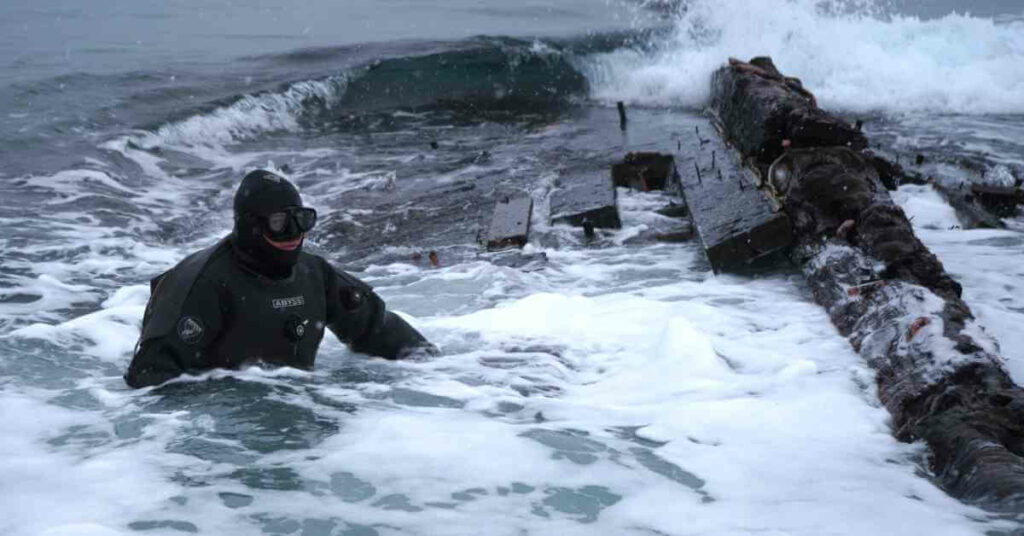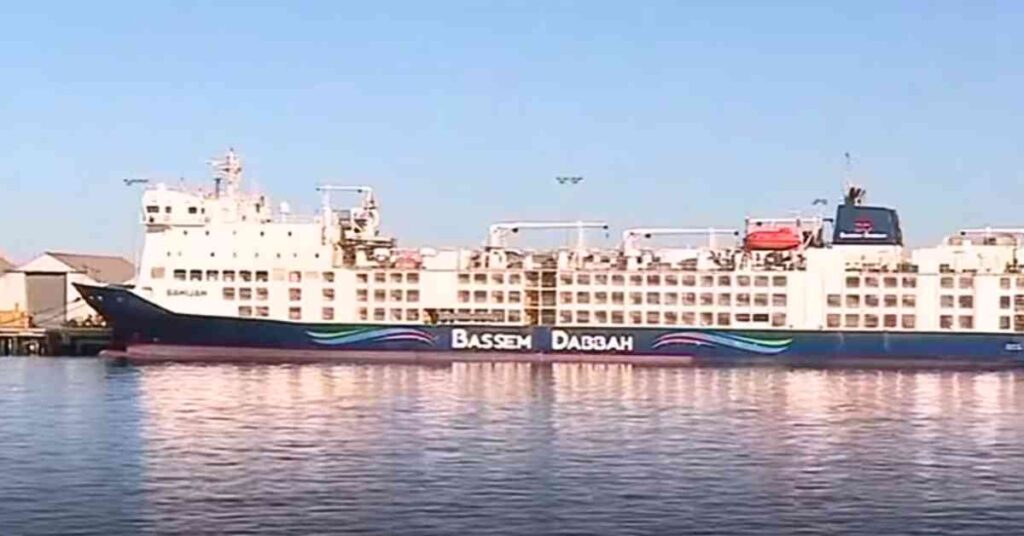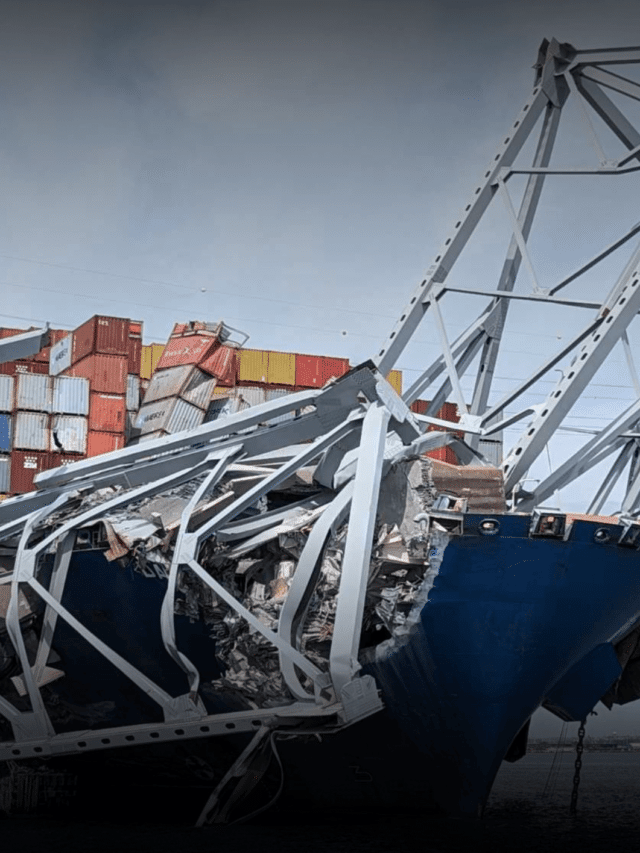There Will Probably be More Plastic in the Ocean than Fish By 2050
Marine trash has been harming marine life for a very long time. These negative effects hurt both people and animals.
The International Union for Conservation of Nature estimates that people produce 300 million tonnes of plastic each year, at least 14 million of which end up in the ocean.
Although the effects of plastics on marine life have been discussed for a long time, not much has been done to help address the issue.
Credit: UWF Voyager
National Geographic estimates that there are 5.25 trillion pieces of plastic trash in the ocean. Scientists are concerned about the amount of plastic contamination as a result. Due to the amount of plastic in the water, it is now being questioned whether anything that comes out of it is suitable for human consumption.
Because it impacts a lot of marine species in addition to human health, food safety, and climate change, plastic pollution in the oceans is a significant issue right now more than ever.
Microplastics are produced as a result of the degradation of plastics brought on by exposure to sunshine, weather, and other elements of nature. Animals that mistake plastic for food can easily consume microplastics. Because their bodies are unable to handle the amount of plastic being consumed, marine life is killed as a result of this mistake.
The World Wildlife Federation estimates that marine mammals affected by plastic pollution, such as turtles, seabirds, whales, fish, and dolphins, die 100,000 times per year as a result of ingestion or entanglement in plastic fishing gear. This number is likely to increase, as by 2050, there will probably be more plastic in the ocean than fish.
You can no longer label anything that emerges from the water as biological, according to Dr Jennifer Lavers, a zoologist at the University of Tasmania, who spoke with ABC Science.
Fish ingest tonnes of plastic every year, and the more plastic pollution there is, the further up the food chain you go, the more likely it is that it will reach humans, especially those who eat seafood.
Even whales, the largest marine mammal, are succumbing to plastic exposure. It has been recorded that numerous dead whales were found with tonnes of plastic in their stomachs.
There had been a time when there was no indication that food had ever entered the whales’ stomachs, even though they absorb water from the food they eat. In a National Geographic story, a young male whale’s demise was characterised as the result of its body destroying itself from the inside out. Since its stomach acid was unable to break down the plastic debris, it instead wore holes through its stomach lining.
If this garbage can kill one of the biggest creatures in the world, imagine what it can do to us.
The International Union for Conservation of Nature reports that Microplastics are found in tap water, beer, and salt and are present in all samples collected in the world’s oceans, including the Arctic.
Because some of the chemicals used to make plastic are hazardous to humans, microplastics are now present in many items that people use on a daily basis. Contaminated plastics that have been consumed by marine life pose health dangers to humans.
Last year, scientists published a study with unexpected results. Human blood was found to include plastic, which is not where it should be.
According to the researchers, plastic particles were discovered in 17 of the 22 anonymous, healthy adult participants’ blood samples. A third of the samples had polystyrene, which is used for packaging food and other products, and half of the samples contained PET plastic, which is frequently used in beverage bottles. One-fourth of the blood samples contained polyethene, a material used to make plastic carrier bags, according to The Guardian.
This study proved that plastic is ingested by people and is found in everyday products. Scientists concur that these effects must be recognised because plastic production is only set to increase, even if there is still much to learn about the possible effects of plastic on humans.
In particular, more thorough research on how micro- and nano-plastics affect the structures and functions of the human body, as well as whether and how they can transform cells and cause carcinogenesis, is urgently required, according to a review paper published by Springer, given the exponential rise in plastic production and the resulting buildup of non-biodegradable MNPs.
Research has shown that plastics affect both people and marine life, and as more knowledge is gained, individuals will be able to take action to minimise the problem of plastic pollution.
One of the easiest and most direct ways that people can help the fight against plastic pollution is to reduce their usage of single-use plastics like plastic bags, straws, and cups. By carrying about reusable versions of such products and avoiding single-use plastic, people can make little changes that, with regular use, may have significant positive benefits.
Other proactive strategies to minimise the plastic problem include taking part in beach clean-ups, recycling properly, and supporting organisations that fight plastic pollution.
One can also stop the pollution that plastic causes by spreading the word. Educating others about the issue and having conversations with them about it can motivate others to take action and help find a solution to a bigger issue.
Although plastic pollution is a widespread issue, people may reduce further damage to the ocean and its creatures as well as any health hazards to themselves by making wise decisions.
Reference: The Voyager, Deccan Herald
Do you have info to share with us ? Suggest a correction
About Author
Marine Insight News Network is a premier source for up-to-date, comprehensive, and insightful coverage of the maritime industry. Dedicated to offering the latest news, trends, and analyses in shipping, marine technology, regulations, and global maritime affairs, Marine Insight News Network prides itself on delivering accurate, engaging, and relevant information.

About Author
Marine Insight News Network is a premier source for up-to-date, comprehensive, and insightful coverage of the maritime industry. Dedicated to offering the latest news, trends, and analyses in shipping, marine technology, regulations, and global maritime affairs, Marine Insight News Network prides itself on delivering accurate, engaging, and relevant information.
Latest Videos Articles You Would Like:
- Cruise Ship Damaged Due To Severe Weather, Passengers Stuck Abroad
- Archaeologists Examine 19th-Century Shipwreck Found On Canadian Coast
- Australia Stops Livestock Ship From Sailing Around Africa To Israel Amidst Houthi Attacks
- Iran Warns U.S. Of Targeting Cargo Ships Following Latest Airstrikes On Houthis
- Watch: Ukrainian Forces Destroy Russian Missile Boat In Black Sea Operation
- Two Dead After Tragic Collision Between Water Taxi And Passenger Ferry In the Philippines
Subscribe To Our Newsletters
By subscribing, you agree to our Privacy Policy and may receive occasional deal communications; you can unsubscribe anytime.
Web Stories




















